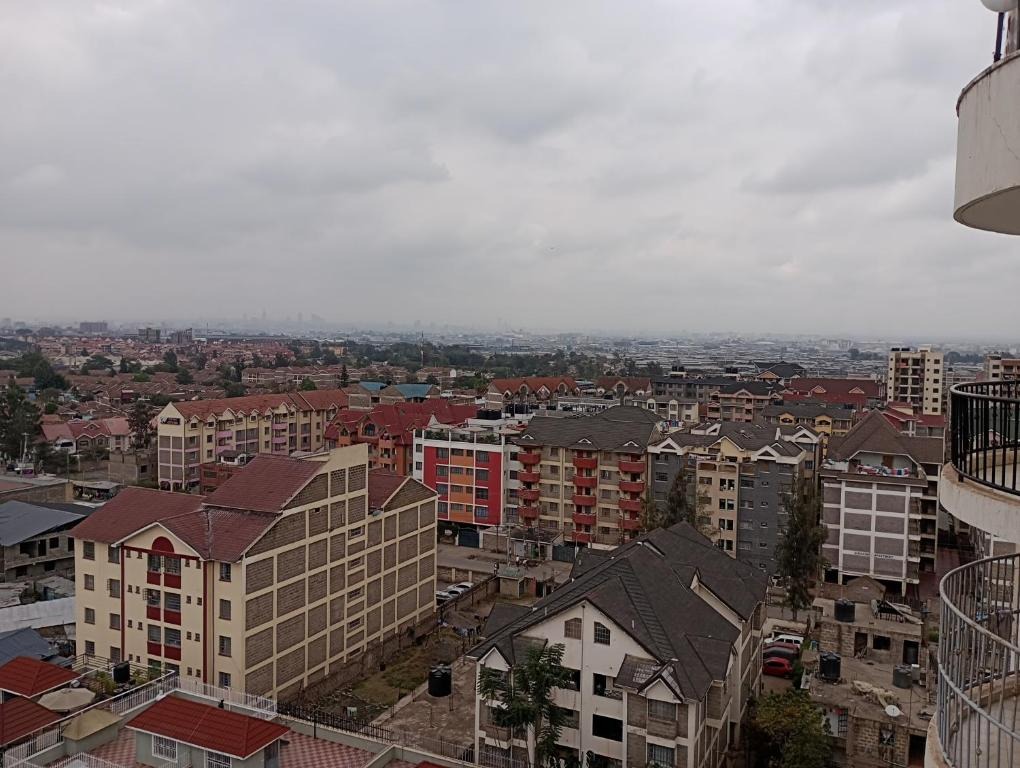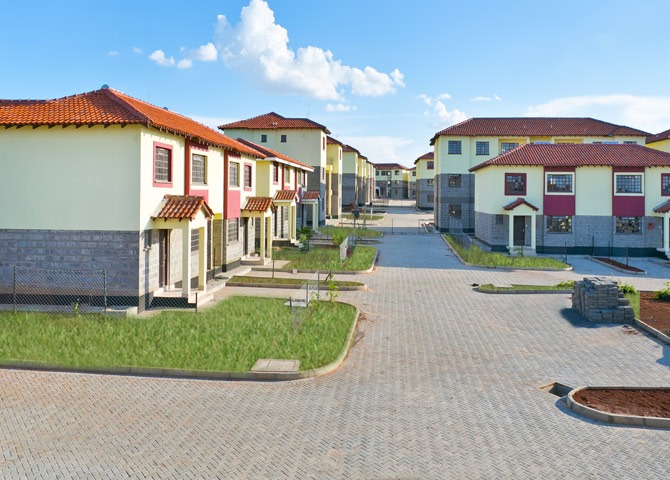
The housing affordability crisis is a growing concern that affects millions of people around the world. As urban populations swell and real estate prices soar, affordable housing becomes increasingly elusive. This article delves into the solutions and challenges of addressing housing affordability in various regions, highlighting the innovative approaches and persistent obstacles that define this global issue.
Understanding the Crisis

The housing affordability crisis is marked by a significant disparity between household incomes and housing costs. This gap forces many individuals and families to allocate a disproportionate share of their income to rent or mortgage payments, often at the expense of other essential needs. The crisis is most acute in major cities, where the demand for housing far outstrips supply, leading to skyrocketing prices.
North America: Tackling Supply Constraints

In North America, particularly in cities like San Francisco, New York, and Vancouver, the affordability crisis is driven by severe supply constraints. Zoning laws and regulatory barriers often limit the construction of new housing, exacerbating the shortage. To address this, several cities are revising zoning regulations to encourage higher-density developments and streamline the approval process for new housing projects.
Inclusionary zoning policies, which require developers to include a percentage of affordable units in new residential developments, are also being implemented. While these policies have shown promise, they are not without challenges. Developers often face higher costs and longer timelines, which can deter investment and reduce the overall number of new housing units.
Europe: Social Housing Models
European countries have long grappled with housing affordability, particularly in cities like London, Paris, and Berlin. Social housing models, where the government or non-profit organizations provide affordable rental housing, are prevalent across the continent. For instance, Vienna is renowned for its robust social housing program, which ensures that a significant portion of the housing stock remains affordable to low and middle-income residents.
However, social housing models face sustainability challenges. Funding these programs requires substantial public investment, which can be difficult to maintain amid economic downturns and shifting political priorities. Additionally, the demand for social housing often outpaces supply, leading to long waiting lists and unmet needs.
Asia: Rapid Urbanization and Innovative Solutions
Asia’s rapid urbanization has intensified the housing affordability crisis in cities like Hong Kong, Tokyo, and Mumbai. In response, several innovative solutions have emerged. Hong Kong, for example, has introduced micro-apartments as a way to maximize space in a densely populated urban environment. These tiny living spaces, while controversial, offer an affordable option for residents in one of the world’s most expensive real estate markets.
In Singapore, the government’s Housing Development Board (HDB) has been successful in providing affordable housing to a majority of its citizens. The HDB model combines public ownership with private management, offering subsidized flats to eligible residents. This approach has helped maintain high homeownership rates and mitigate the affordability crisis, though it requires careful management and significant public investment.
Latin America: Informal Settlements and Incremental Housing
In Latin America, informal settlements, or “favelas,” are a common manifestation of the housing affordability crisis. In cities like Rio de Janeiro and Mexico City, millions of people live in informal housing without secure tenure or access to basic services. Addressing this issue requires innovative approaches that go beyond traditional housing policies.
Incremental housing, where residents build their homes gradually as resources allow, has gained traction as a viable solution. Governments and NGOs provide basic infrastructure and support services, allowing residents to construct and improve their homes over time. This approach empowers communities and leverages local knowledge, though it requires a supportive policy environment and sustained investment.
Africa: Urban Growth and Housing Shortages
In many African cities, rapid urban growth has outpaced the supply of affordable housing, leading to widespread shortages and informal settlements. Cities like Lagos, Nairobi, and Johannesburg face significant challenges in providing adequate housing for their growing populations.
Public-private partnerships (PPPs) are emerging as a potential solution, leveraging private sector expertise and investment to complement public resources. These partnerships aim to deliver large-scale affordable housing projects, though they often face challenges related to land acquisition, financing, and regulatory hurdles.
Global Challenges and the Path Forward
While the solutions to the housing affordability crisis vary by region, several common challenges persist. Financing affordable housing projects remains a significant barrier, particularly in the face of rising land and construction costs. Additionally, political will and public support are crucial for implementing and sustaining effective housing policies.
Innovative financing mechanisms, such as social impact bonds and community land trusts, are gaining attention as potential solutions. These approaches seek to align private investment with social outcomes, providing new avenues for funding affordable housing.
Ultimately, addressing the housing affordability crisis requires a multifaceted approach that combines regulatory reform, public investment, and innovative solutions. By learning from successful models and adapting them to local contexts, policymakers and stakeholders can make meaningful progress toward ensuring that everyone has access to safe, affordable housing.
Conclusion

The housing affordability crisis is a complex, global issue that demands coordinated efforts and sustained commitment. Through collaboration and innovation, it is possible to create a future where affordable housing is a reality for all.







